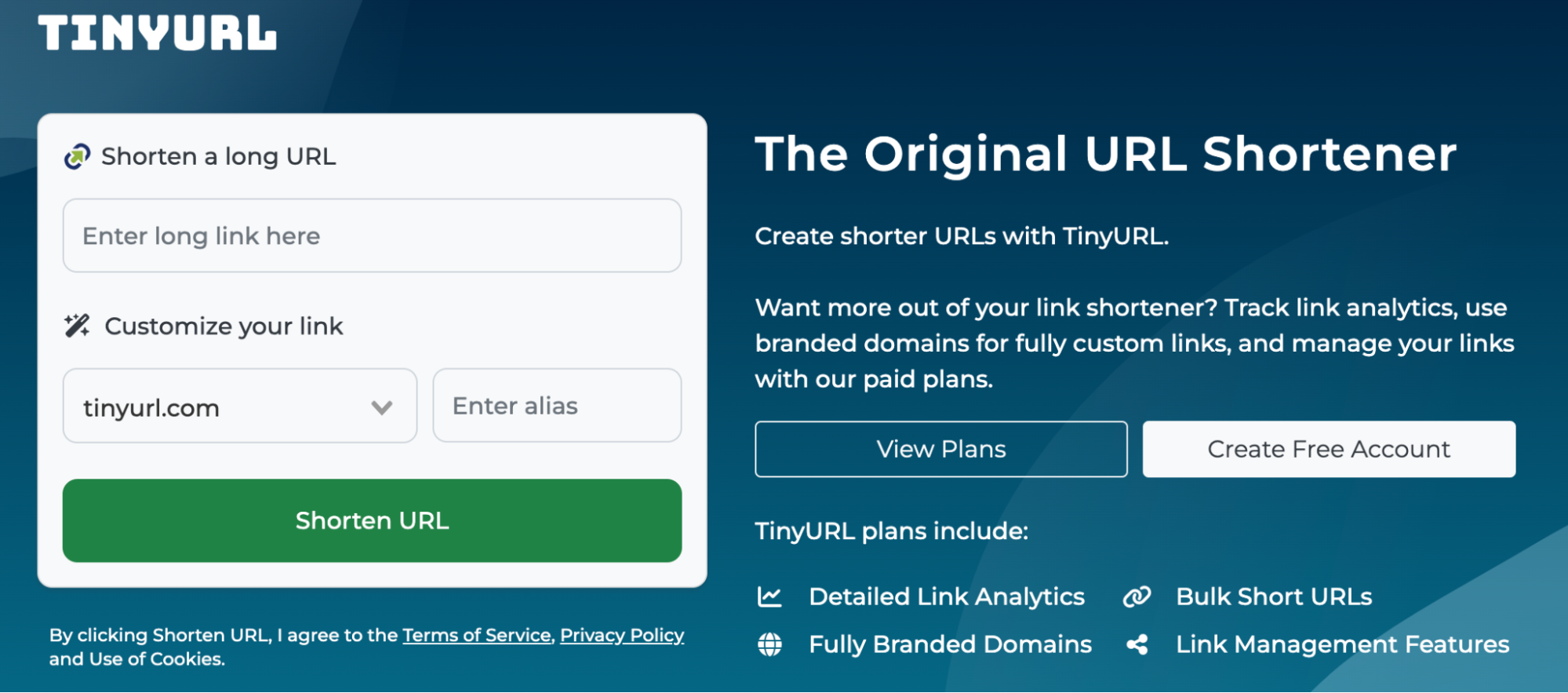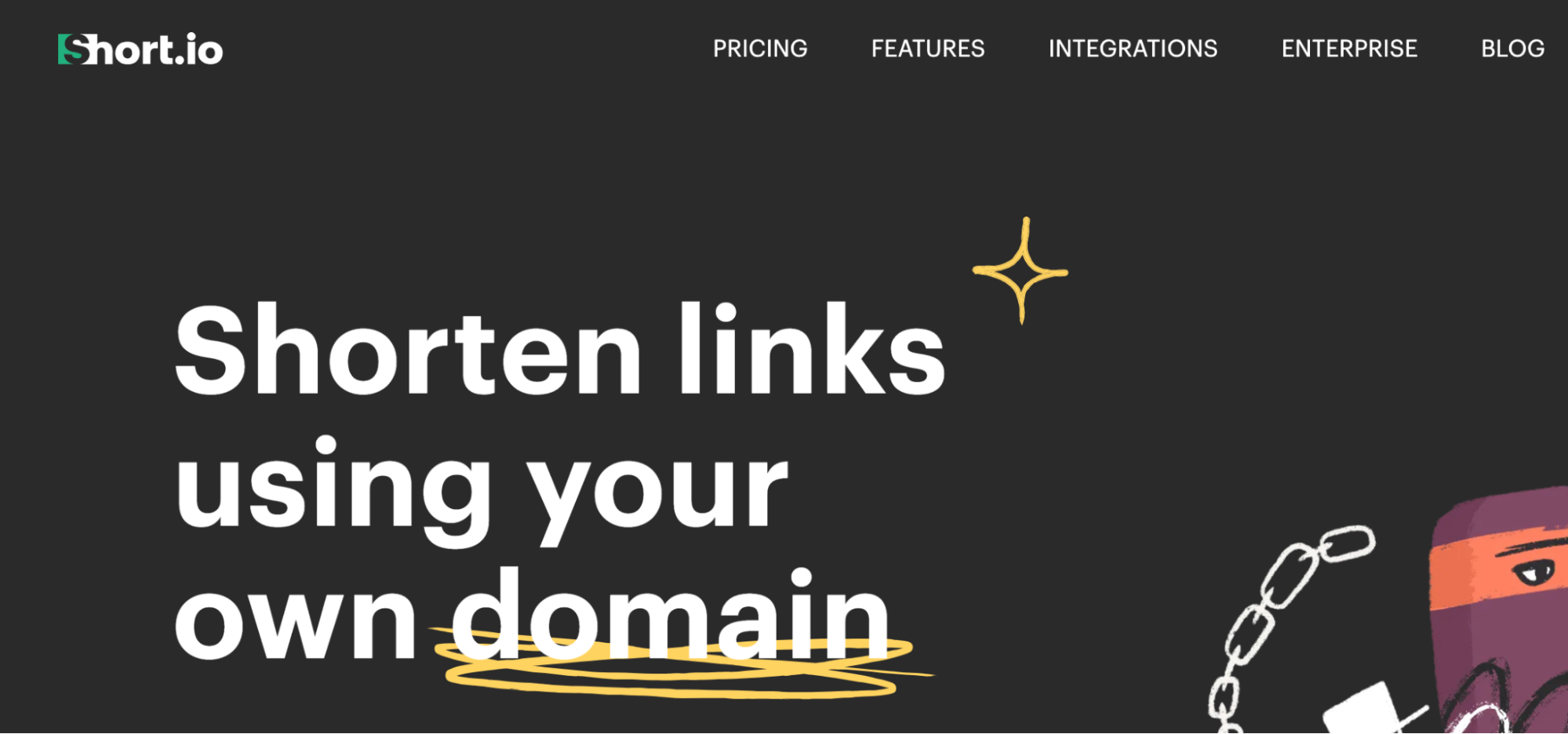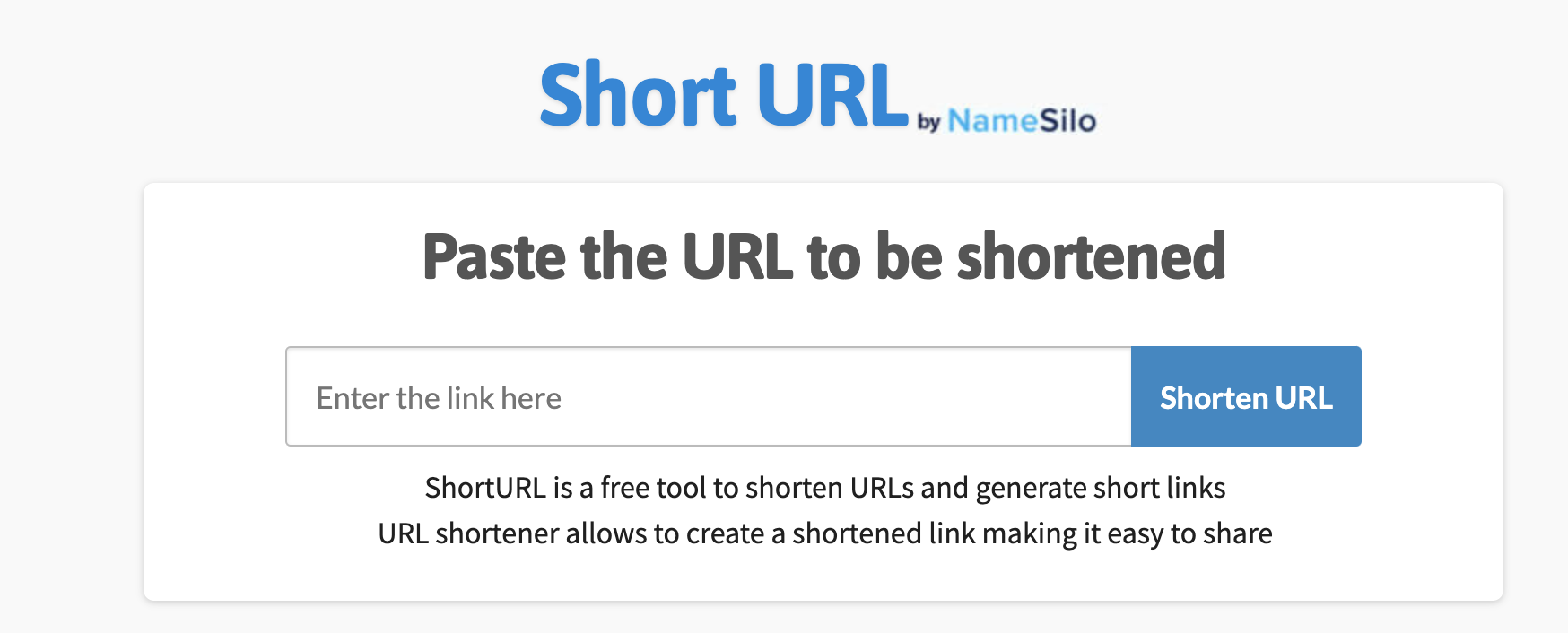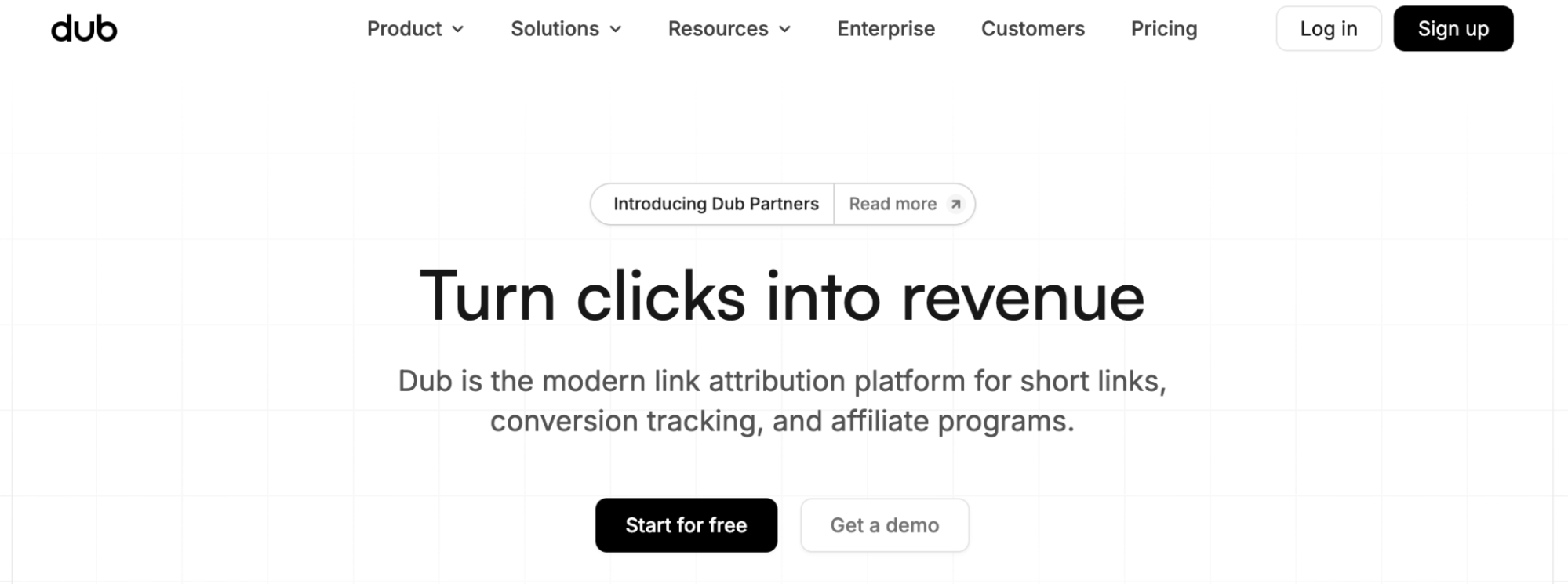Your digital campaigns depend on links. They drive traffic, measure engagement, and connect audiences to your content. When choosing a link management platform, you need more than basic URL shortening—you need custom domains that build trust, analytics that inform decisions, collaboration tools for team workflows, and security that meets compliance standards.
Not every team uses Rebrandly. Some need a budget solution. Others want mobile-first attribution or an open-source platform they can customize and host themselves.
In this guide, we'll compare six popular Rebrandly alternatives for 2026, covering what each does well, where they fall short, and how to determine which fits your needs.
What are the advantages of Rebrandly?
Before comparing alternatives, it's worth noting why so many businesses choose Rebrandly in the first place.
Custom domain branding at scale: Branded short links can increase click-through rates by up to 39% and lift audience trust by 25%.
Enterprise-grade analytics: Rebrandly Analytics gives teams UTM tracking, unlimited data retention, and advanced reporting.
Collaboration features: Workspaces, permissions, and teammates make it easy for agencies and enterprises to manage branded short links across multiple brands.
API and integrations: A flexible API, Zapier support, and webhooks allow developers to automate workflows.
Compliance and security: Rebrandly is the only SaaS link management platform to hold both SOC 2 and HIPAA compliance certifications.
Together, these features make Rebrandly more than just a link shortener—it's a comprehensive link management infrastructure that strikes a balance between simplicity and enterprise-grade power. That said, no two businesses have identical needs. Some may prioritize budget over advanced analytics, while others might value mobile attribution, open-source flexibility, or ultra-simple usability.
With that in mind, let's look at six of the most popular Rebrandly alternatives in 2026, their strengths, and where they fall short compared to Rebrandly.
The top 6 Rebrandly alternatives
1. Bitly

Bitly has strong brand recognition and offers analytics dashboards that work well for enterprise teams. The platform is widely adopted and provides solid baseline features.
Where it falls short: Enterprise pricing runs higher than Rebrandly, and the API offers less flexibility for custom workflows. Custom domain options are limited on lower-tier plans, which becomes a problem for agencies managing multiple brands. Learn more about how Rebrandly compares to Bitly.
2. TinyURL

TinyURL is completely free and requires no account registration. If you need to shorten a link quickly without any setup, it works.
Where it falls short: You get what you pay for. No branded domains, no team collaboration, no analytics beyond basic click counts, and no API for integrations. Professional marketers will hit the ceiling fast.
3. Short.io

Short.io offers affordable pricing for small teams and solid branded domain support. The dashboard is modern and easy to navigate.
Where it falls short: The platform lacks enterprise-level security certifications and has a smaller integration ecosystem. If your workflows depend on connecting link management to your CRM, ad platforms, or automation tools, limited integrations become a bottleneck. See Rebrandly vs Short.io for a detailed comparison.
4. Branch.io

Branch specializes in mobile deep linking and app attribution. If you're an app developer who needs users to land exactly where they should inside your app—regardless of device or platform—Branch handles this well.
Where it falls short: Branch is built for mobile apps, not web campaigns. If you're running email, social, or paid ads that don't involve app installs, it adds complexity without value. It's also overkill if you just need link shortening and analytics for multi-channel marketing.
5. Free tools: ShortURL and alternatives

ShortURL is another free option with no registration required. Like TinyURL, it handles basic link shortening but offers nothing beyond that—no branding, no analytics, no collaboration. These tools work for quick personal tasks but aren't viable for scaled campaigns.
6. Dub.co

Dub is an open-source platform that gives technical teams complete control. You can self-host, customize the codebase, and build exactly what you need without vendor lock-in.
Where it falls short: That flexibility requires ongoing maintenance. You're responsible for updates, security patches, server uptime, and troubleshooting. Dub doesn't offer dedicated customer success or compliance certifications like SOC 2 or HIPAA. If your team has developer resources and wants to own the infrastructure, Dub works. If you'd rather focus on campaigns than DevOps, a managed platform delivers reliability out of the box. Read more in our Rebrandly vs Dub comparison.
How to choose the right link management tool
When evaluating Rebrandly alternatives, the right platform depends on your team size, goals, and technical resources.
Team collaboration: A single account works for small businesses, but growing teams and agencies need workspaces, permission controls, and multi-brand support.
Brand consistency: Generic short links undermine the trust you've built with your audience. If you want every campaign link to reflect your brand identity, you need multiple custom domains—especially for agencies managing client portfolios.
Analytics depth: Some tools only count clicks. Others offer UTM tracking, device and geo-level data, and retention metrics that improve campaign targeting and ROI.
Integration support: Does the platform connect with your existing stack—CRM systems, ad platforms, Zapier, webhooks? Can the API handle automation at scale?
Security and compliance: Regulated industries like healthcare and finance need SOC 2 or HIPAA compliance. Free tools cover personal use, but they won't pass legal review for enterprise deployments.
Budget and technical expertise: Free tools handle simple needs. Paid platforms justify their cost with higher CTRs—branded links increase clicks by up to 39%. If your team has developer resources, open-source hosting might appeal to you. If you'd rather focus on campaigns than maintenance, managed platforms deliver scalability without the DevOps overhead.
When comparing Rebrandly alternatives, consider:
- How many people need access, and do they need different permission levels?
- Do you need custom domains for branding?
- What compliance requirements apply to your industry?
- How does this tool connect with your marketing stack?
- Do you need basic click counts or advanced analytics?
- Will you maintain the infrastructure yourself or pay for managed service?
- Does the pricing model fit your budget as you scale?
Choosing the right alternative for your team
Among Rebrandly alternatives, no single tool fits every use case. TinyURL and ShortURL work for quick personal tasks. Short.io offers affordable custom domains for small teams. Branch.io excels at mobile app attribution. Dub.co gives technical teams complete control through open-source hosting.
But if you need branded links, enterprise security, team collaboration, and analytics depth without maintaining infrastructure yourself, Rebrandly delivers all of it in one platform. The 39% increase in click-through rates from branded links pays for itself quickly, and compliance certifications like SOC 2 and HIPAA mean you won't outgrow the platform as your business scales.
Try Rebrandly's free trial to see how branded links can increase trust and drive better campaign results.




.jpg)




